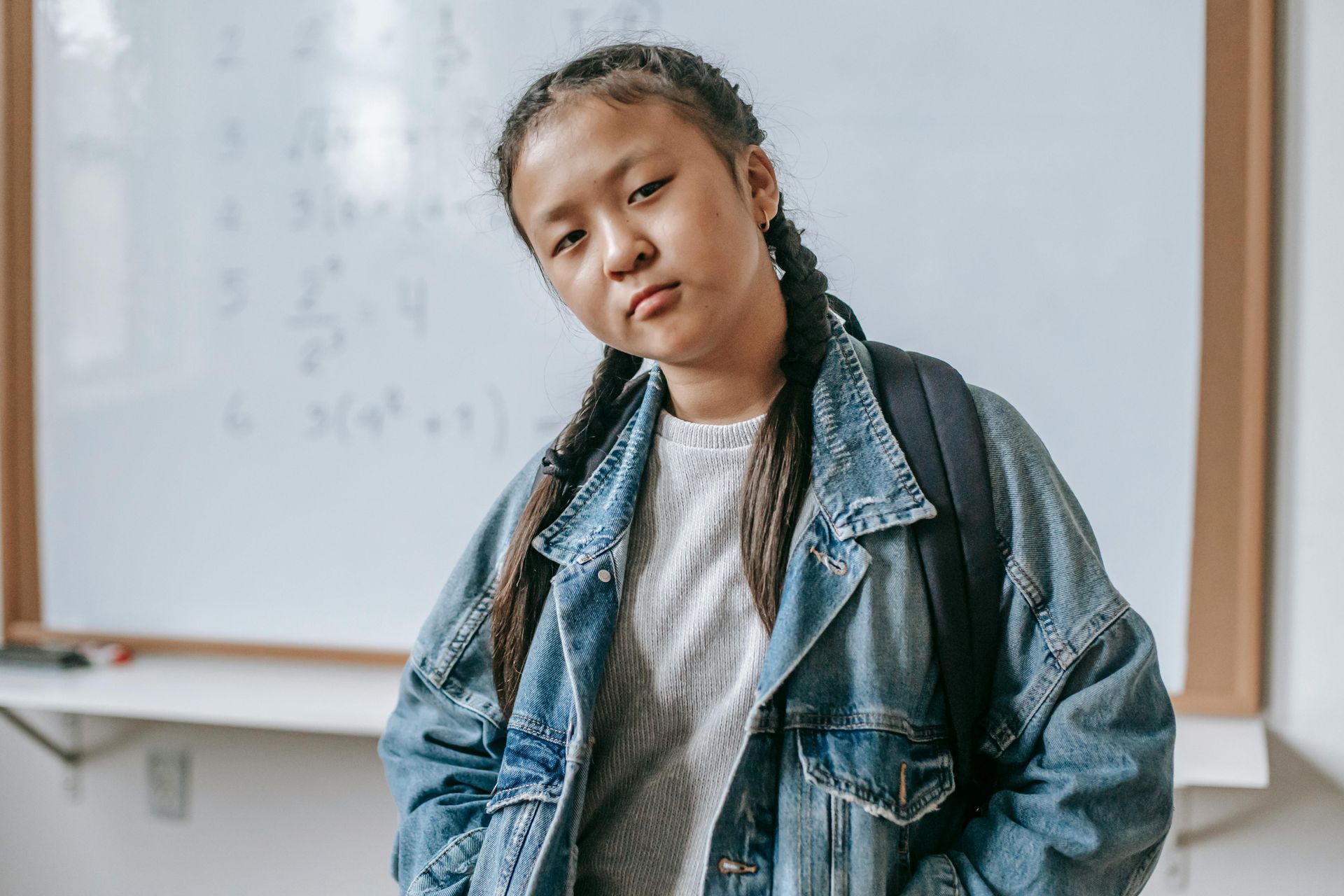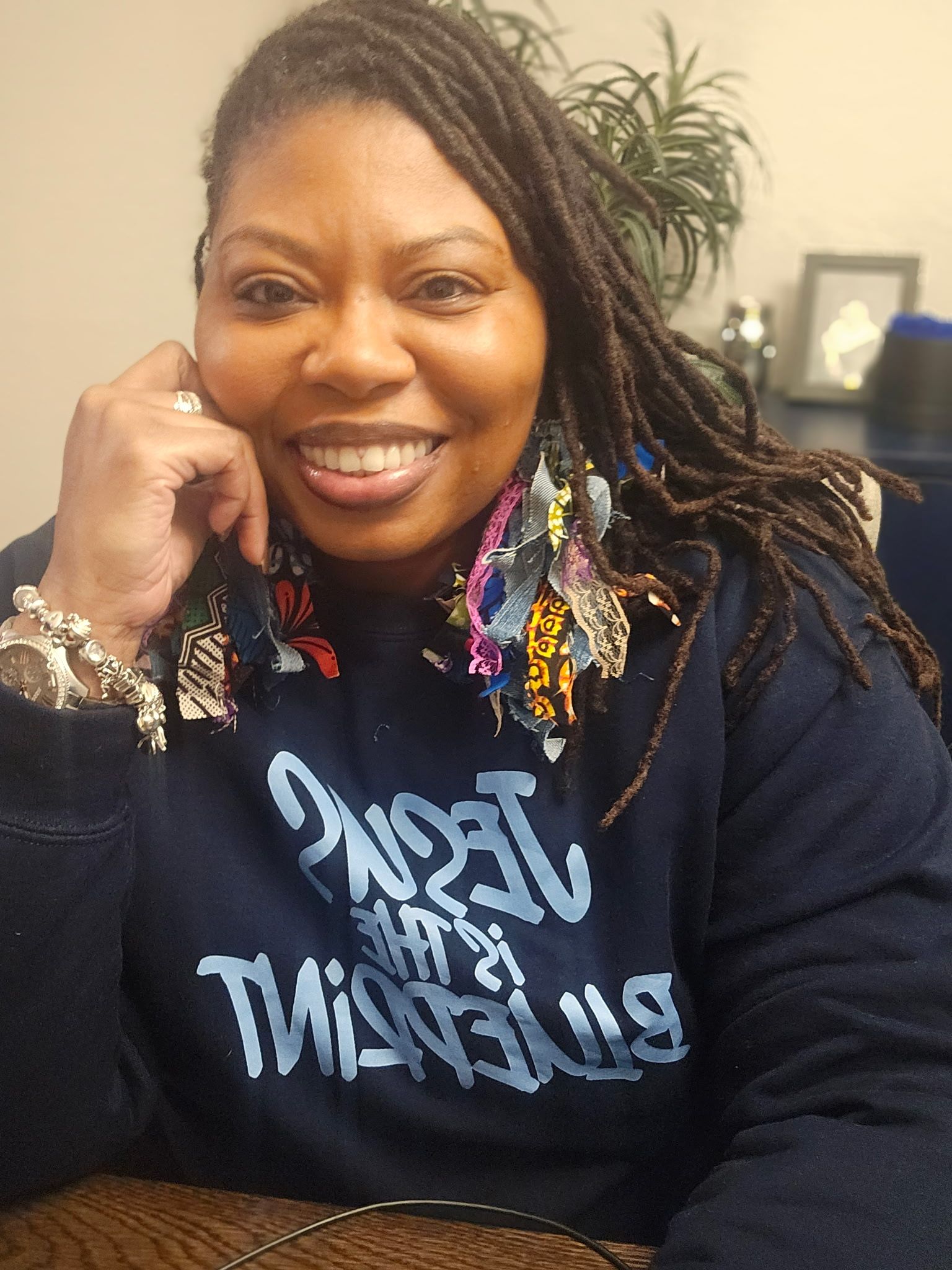Story of Hope: Dan Williams
My name is Dan Williams, and I am the CASA for an amazing 17-year-old young man.
This is my first case as a CASA, and the experience has not only been inspiring and motivating—it has opened my eyes to the urgent needs of our transitioning and aging-out teens.
When I first met him in November, he was 16 (turning 17 just three weeks later) and enrolled in 9th grade at a public school. He told me he was doing fine and passing everything. But when I contacted the school, I learned he was actually failing all his classes, chronically absent, and when present, often asleep or in trouble for aggressive behavior toward peers and teachers. He was on juvenile probation and living with a girlfriend who wasn’t enrolled in school and didn’t want to return home.
Despite all this, he was polite and pleasant during our first visit. But I could tell he was used to playing a role—one he had likely rehearsed for every new CASA, caseworker, or probation officer in his life. He had seen a revolving door of authority figures, each just checking a box. So I told him then and there: I wasn’t going anywhere unless he wanted me to. I said, “If you're 38 and want advice, I hope you'll feel you can call me—like I’m family.” Before I left, he gave me a hug.
With guidance from my CASA supervisor, I connected with his PAL (Preparation for Adult Living) coordinator, and together we scheduled a meeting at the Gervin Academy, a credit-recovery program. We gathered with his teacher, an administrator, his foster mom, and his PAL coordinator to explore his education options. He lit up with motivation and committed to putting in the effort to earn his high school diploma—his target: September 2026.
His PAL coordinator provided a laptop for at-home schoolwork. Soon after, his parole officer—so impressed with his progress—spoke positively about him in court, and his probation was lifted. He told me, “I don’t want anything to do with that life anymore—no drugs, no fighting, no stealing.” He’s focused on his future and dreams of starting his own business.
Gervin Academy enrolled him in life skills courses with Uber transportation to and from class—and even paid him to attend, like an internship. His PAL coordinator also enrolled him in an independent living program that will eventually offer him his own apartment or a shared living space. We often talk about how our surroundings influence us, and how wise decision-making is critical at this stage.
Once he earns his diploma, he’ll be eligible to pursue HVAC certification at St. Philip’s College. We also scheduled an appointment at SA Threads, a nonprofit that provides new clothes, shoes, backpacks, and hygiene items to foster youth. He left with bags of essentials and the biggest smile. We got him a state ID, and he felt grown-up placing it in his new wallet next to his debit card from a local bank that allows 17-year-olds to open personal accounts. He was so proud.
He confided in me about mental health struggles, including the antidepressants he was prescribed in juvenile detention—medications that left him feeling like a zombie. He’d been given the same prescriptions again but had stopped taking them, and said he felt better. I submitted a recommendation to the judge requesting a medication reassessment, and his therapist eventually discontinued the prescriptions. He thanked me and told me he felt like himself again—and I could see his trust in the system beginning to rebuild.
There have been tough moments, too. I had to file a report with CPS about his 15-year-old girlfriend living in the foster home. Though his foster mom allowed it, the girl’s mother had said she wouldn’t take her back. CPS intervened, supported the reunification of the girl with her mother, and she eventually went home. Although they’re “just friends” now, I know he still loves her. That can be healthy with the right guidance. I’ve taken the opportunity to talk with him about respect, boundaries, and how to treat others in a relationship.
I often use “brother” as a term of endearment. One day while I was speaking with him, he interrupted me and said, “Dan, you’re more like my dad.” His foster mom later told me he had never had a male figure in his life—especially not one who showed him how to become a man.
We talk regularly and spend time together often. Sure, he’s still into tattoos, sagging his pants, silver grillz (“8-on-8,” as he says), and envisions big gold chains in his future—but I love that kid. I’m proud of the man he’s becoming. He teaches me as much as I hope I’m teaching him.
Being a CASA Advocate means that while I am advocating the needs of my child, I’m also their mentor, and mentorship must come from love. If I love the child, then I see their future and am excited for them. They will be excited with me and now we can set milestones to get there. For example, asking them who they are in 10 or 15 years from now. Let them fantasize about an amazingly successful version of them in the future and enforce that it can be a reality. Now, teach them the steps to getting there and the immediate priorities. Education, accountability as in faith and family, and behavior that will build or destroy that future for them. Remind them through the process of the future themselves and the spouse and children that depend on their "now" decisions.
Celebrate every milestone achievement! And most importantly, our children are used to inconsistency, so show them what consistency means.









